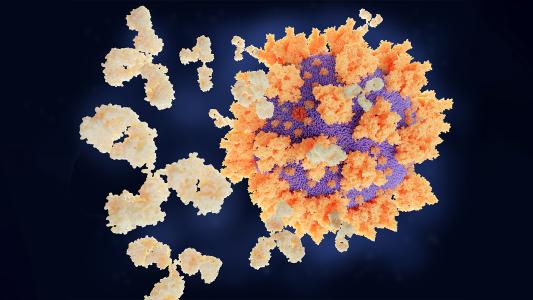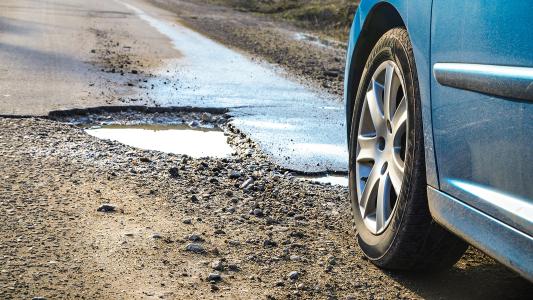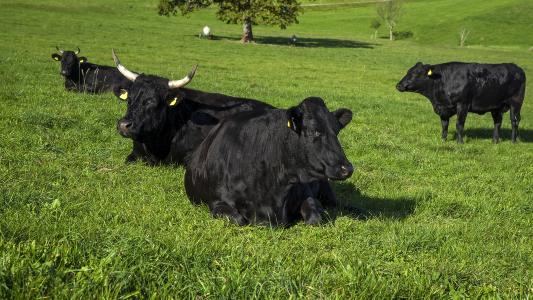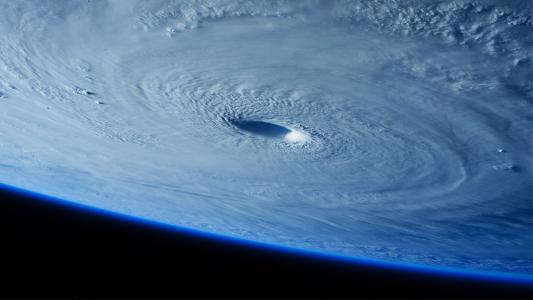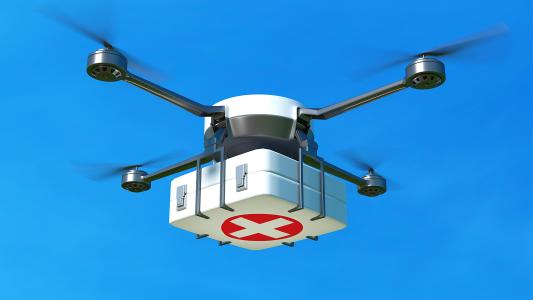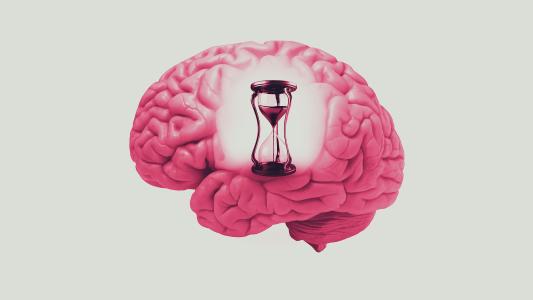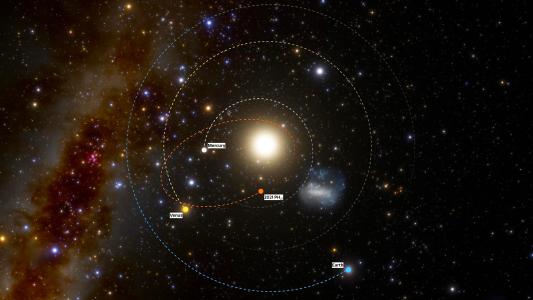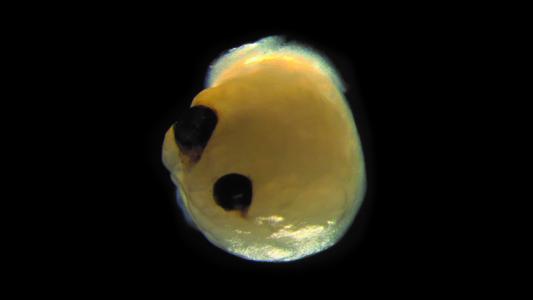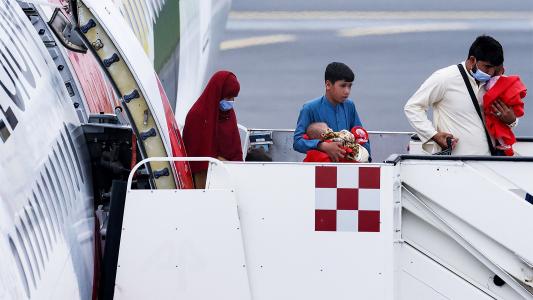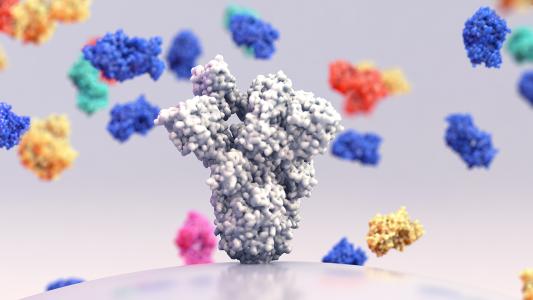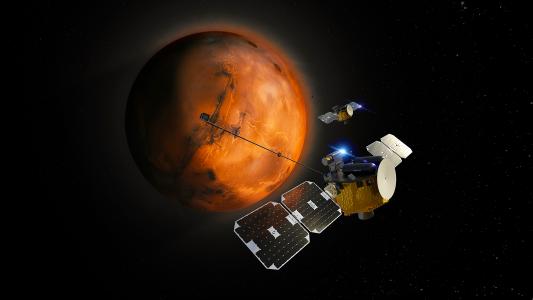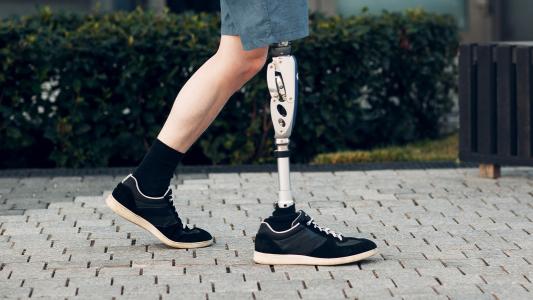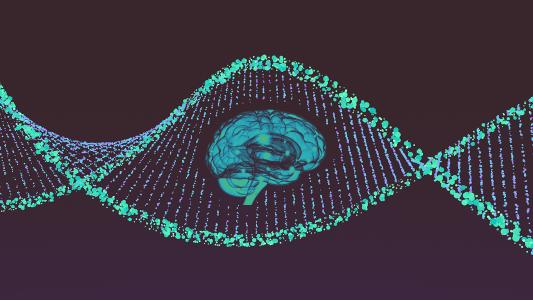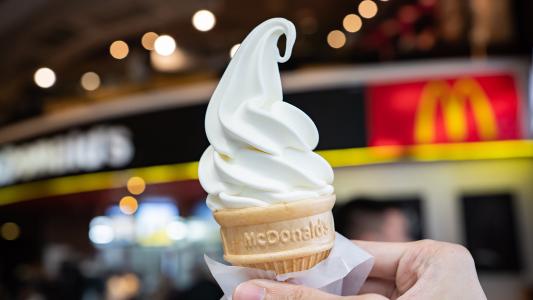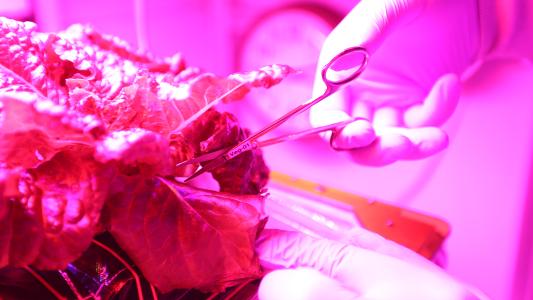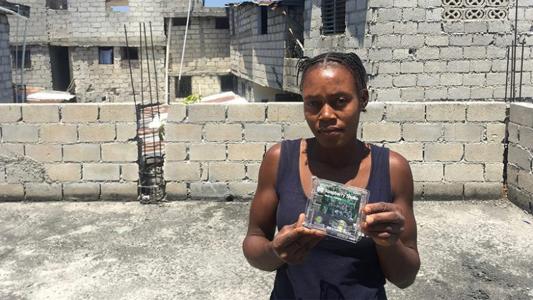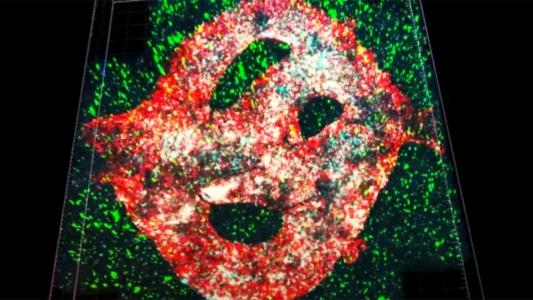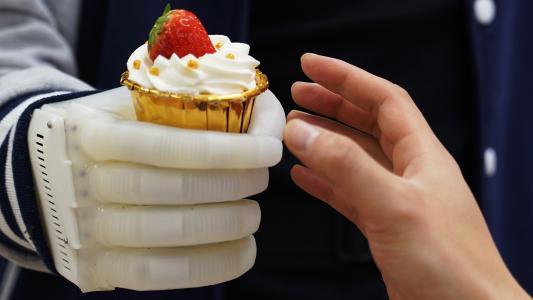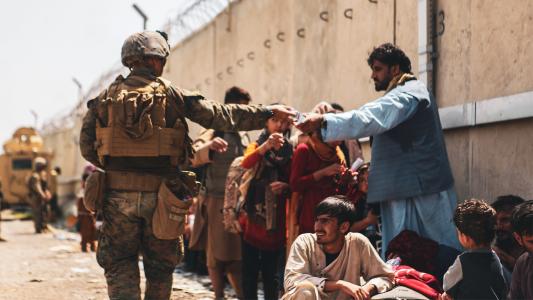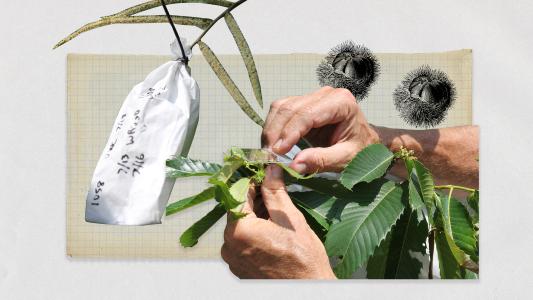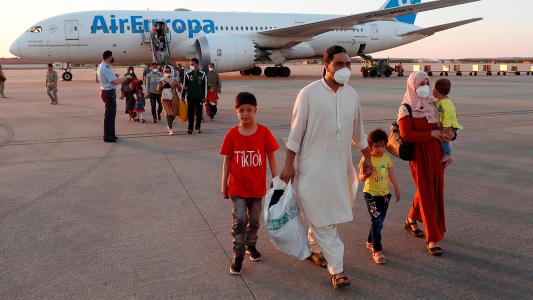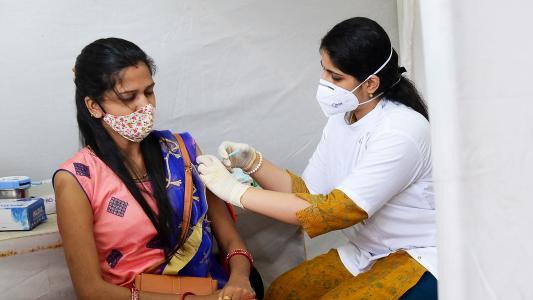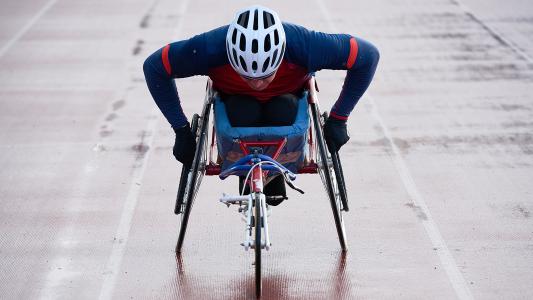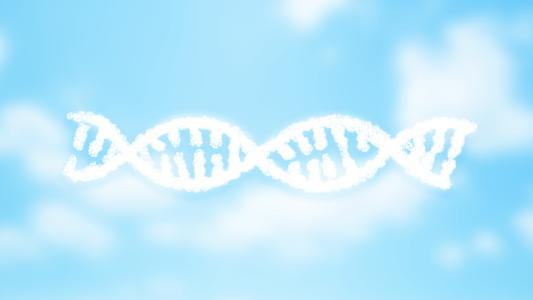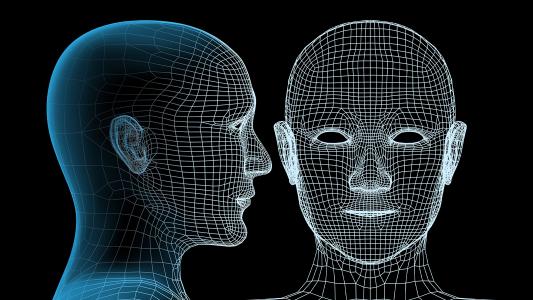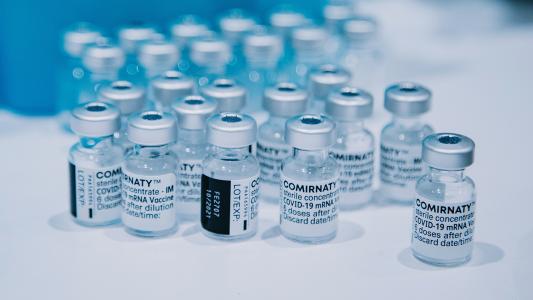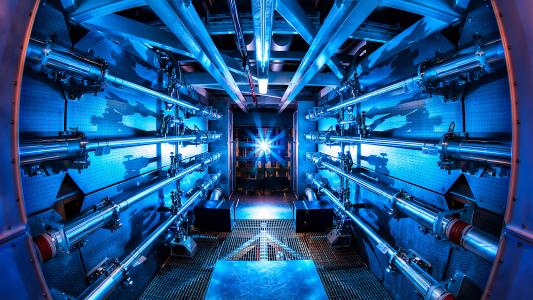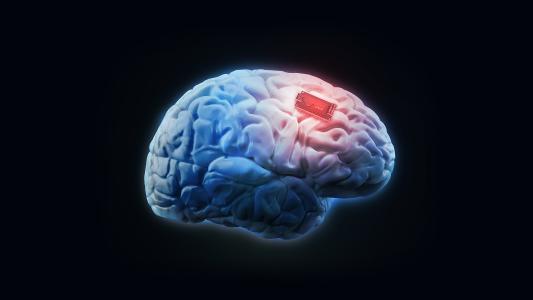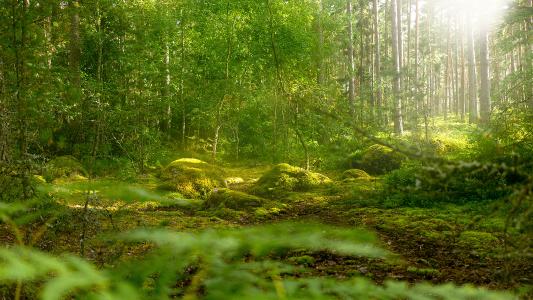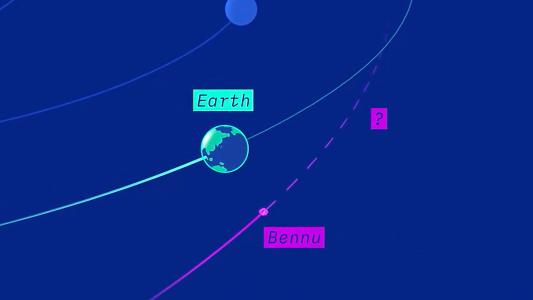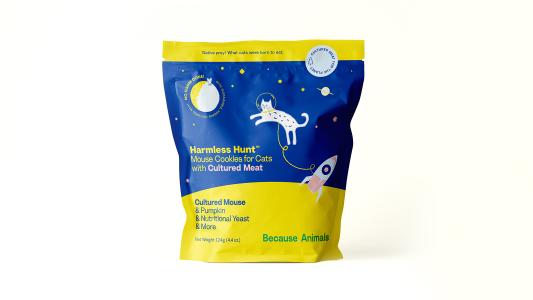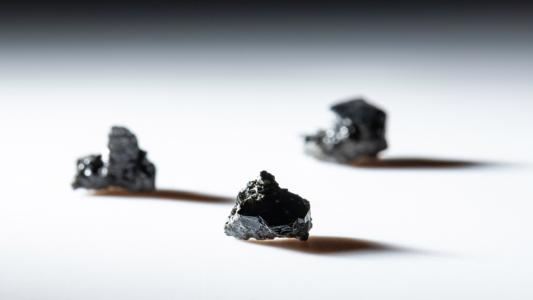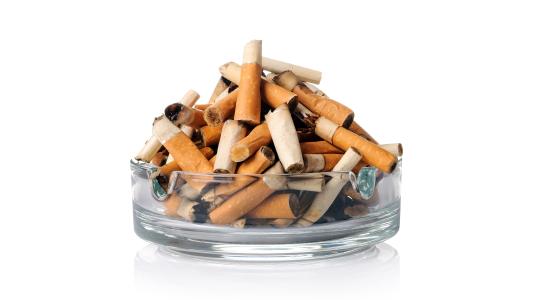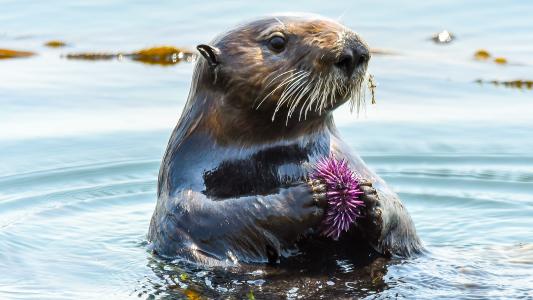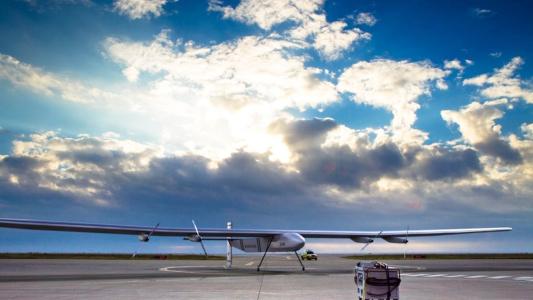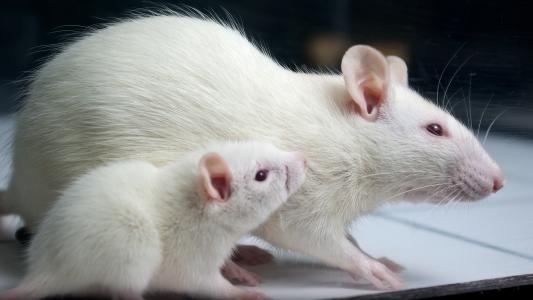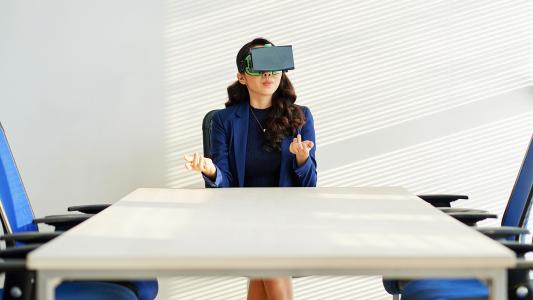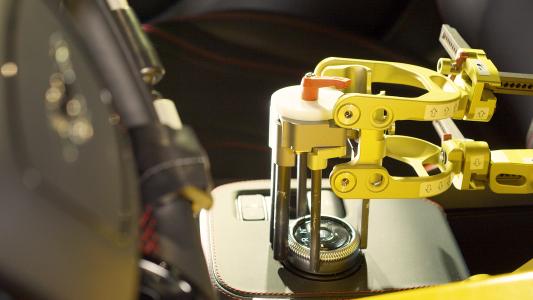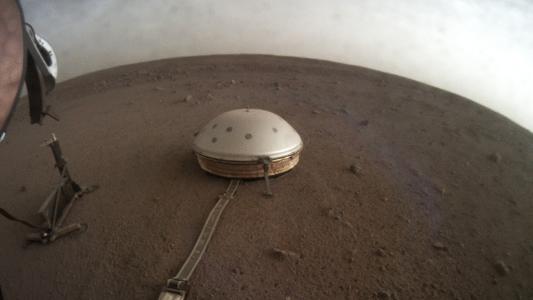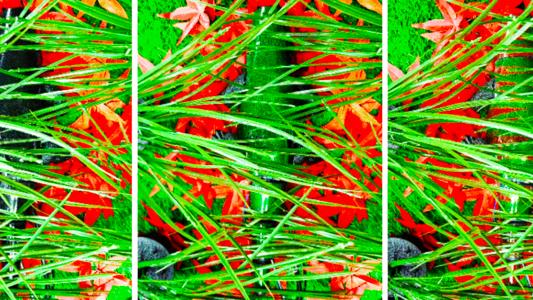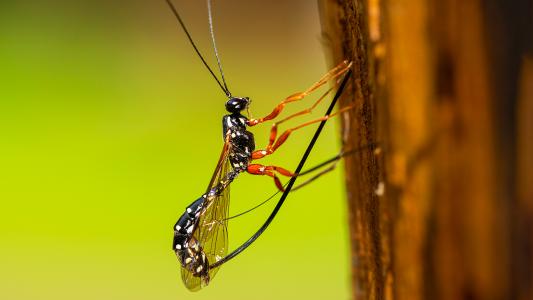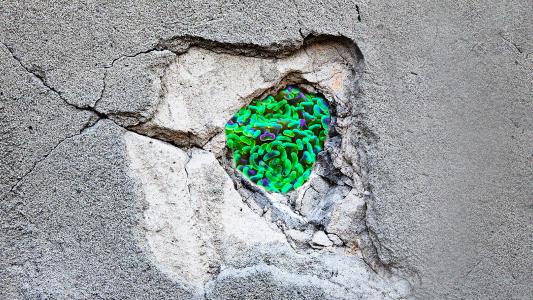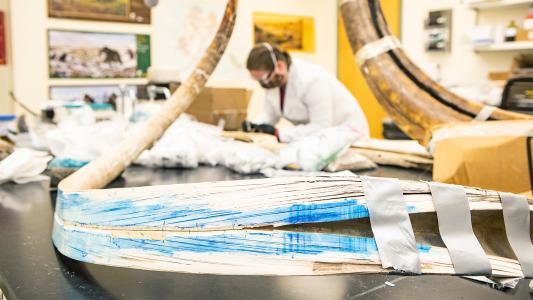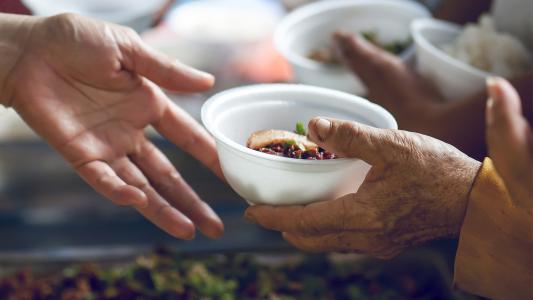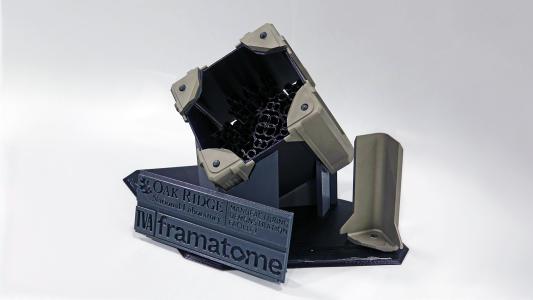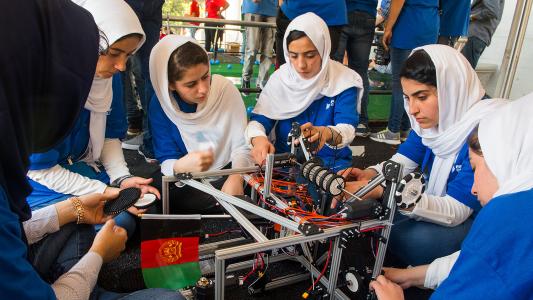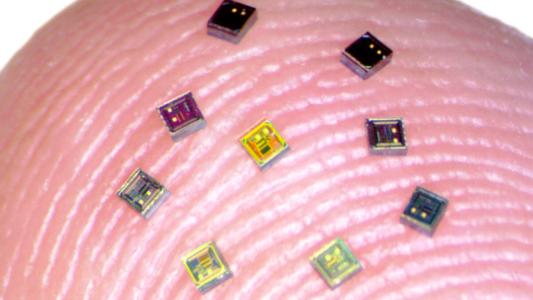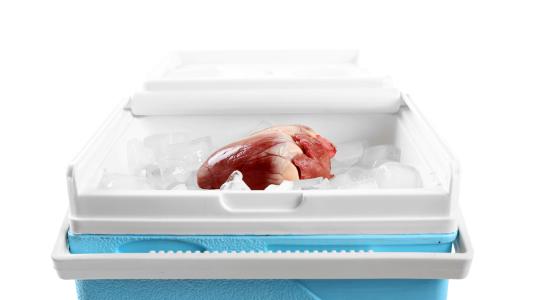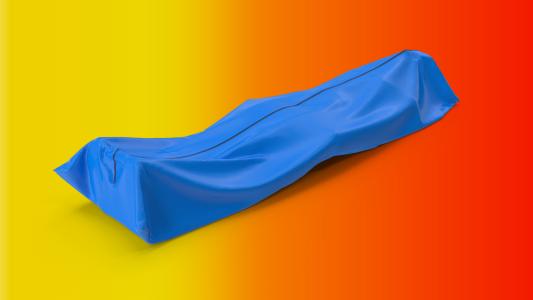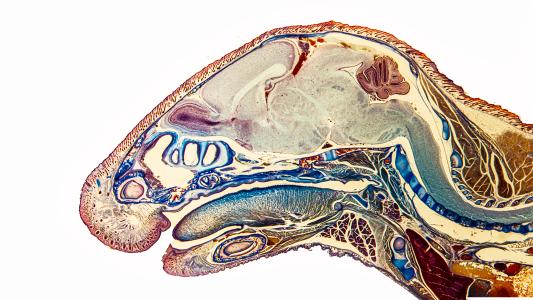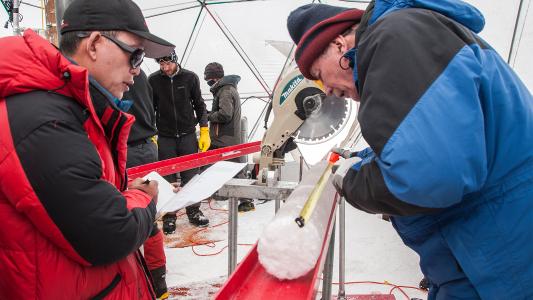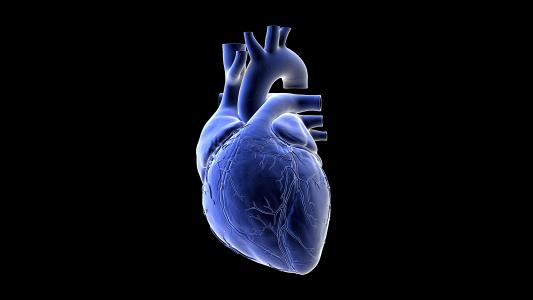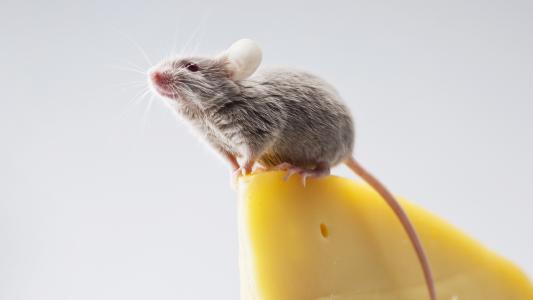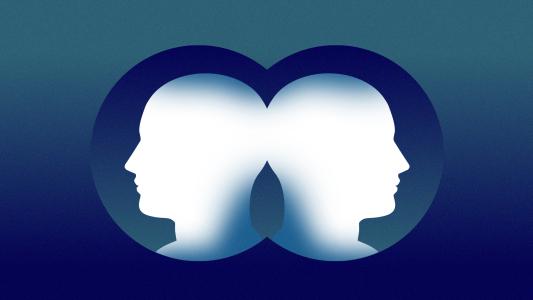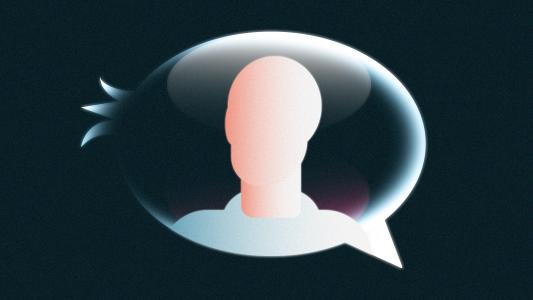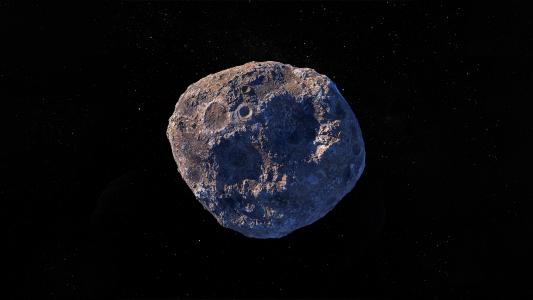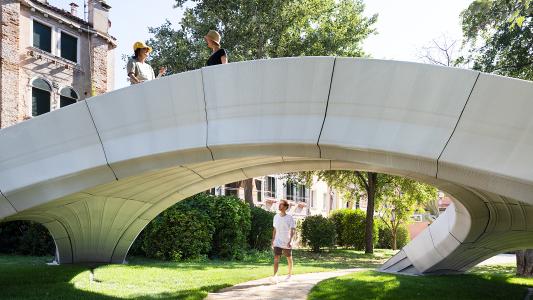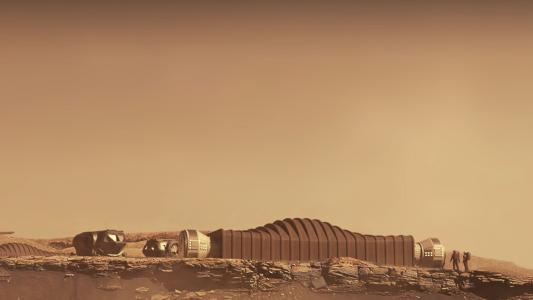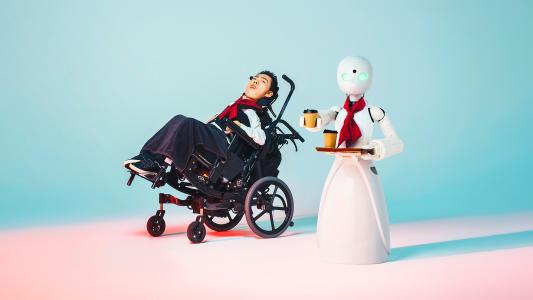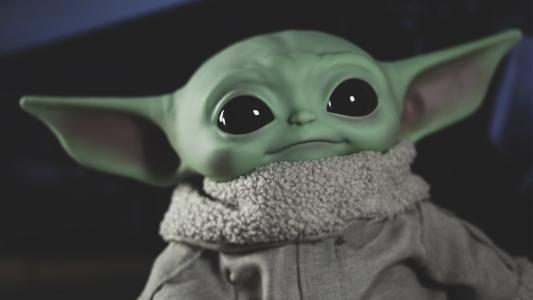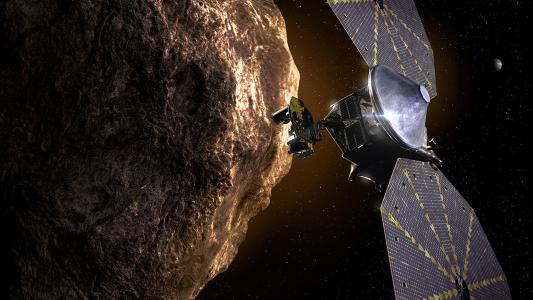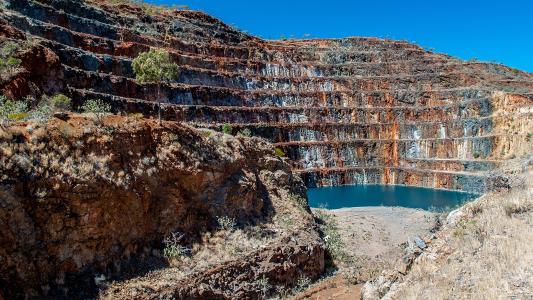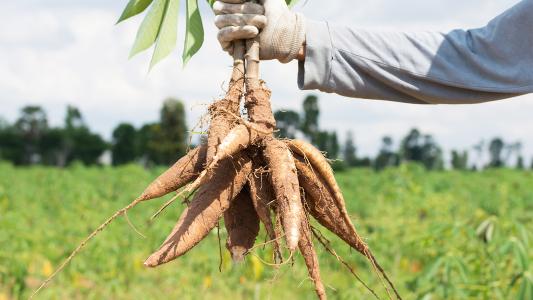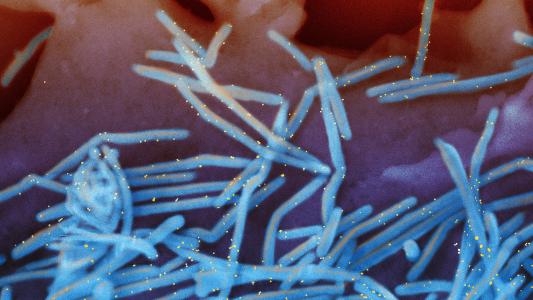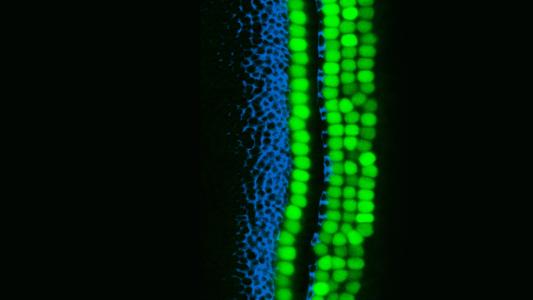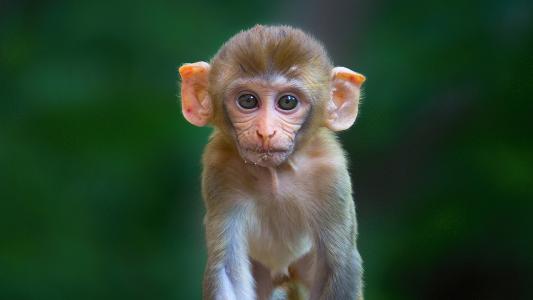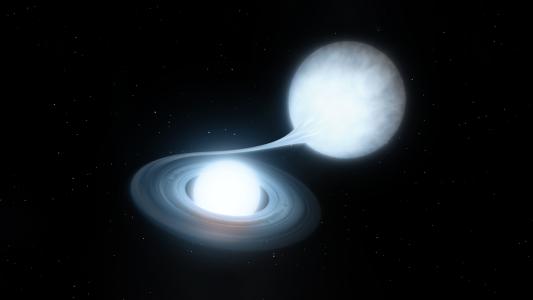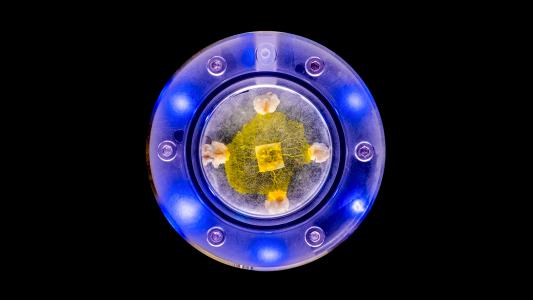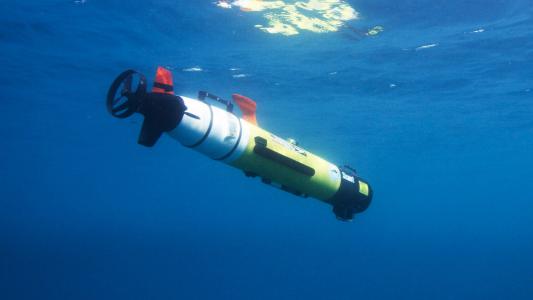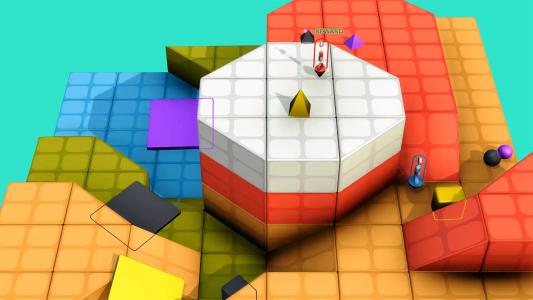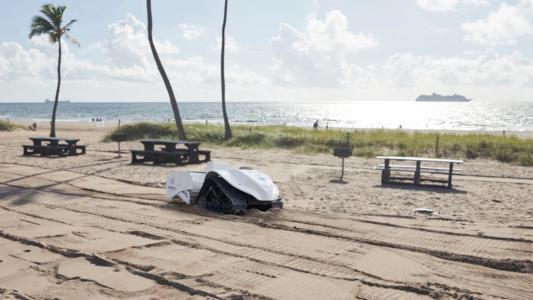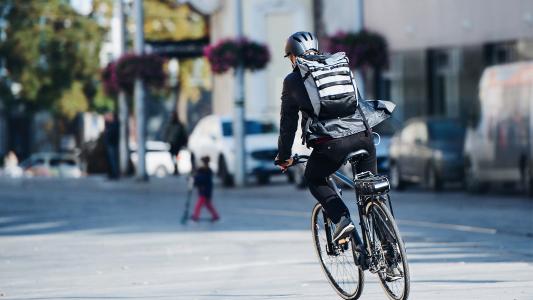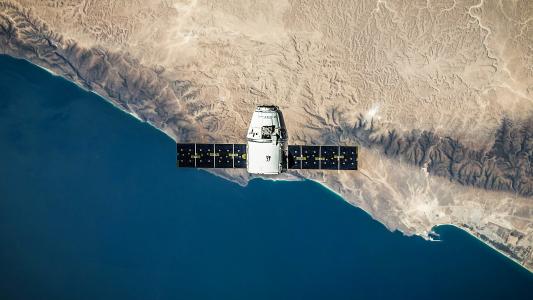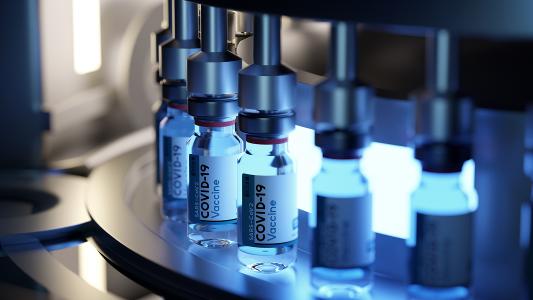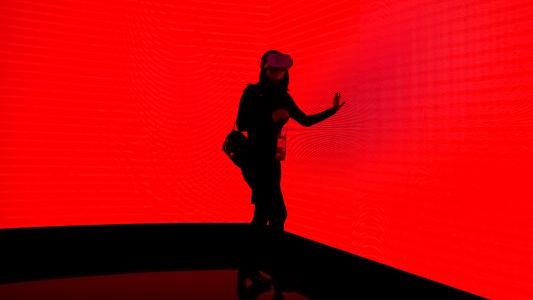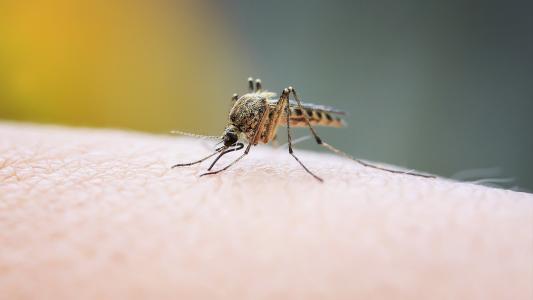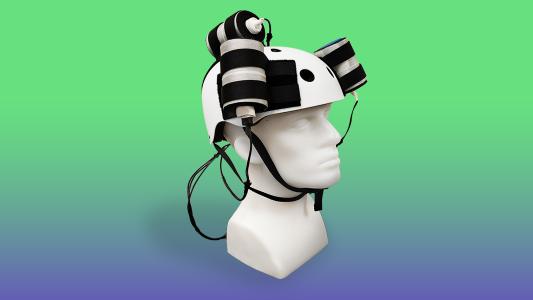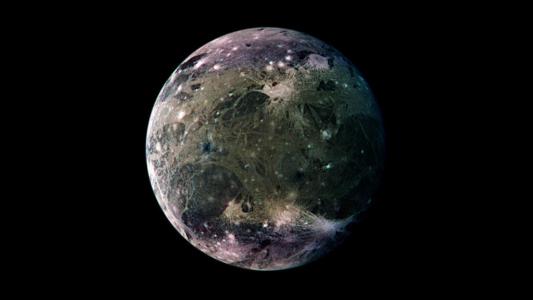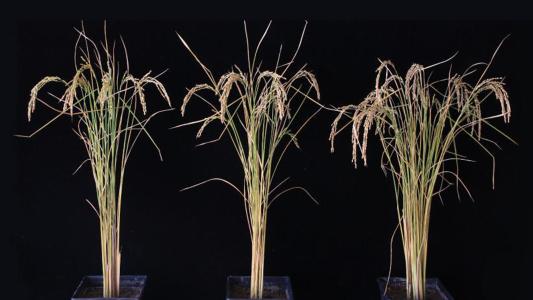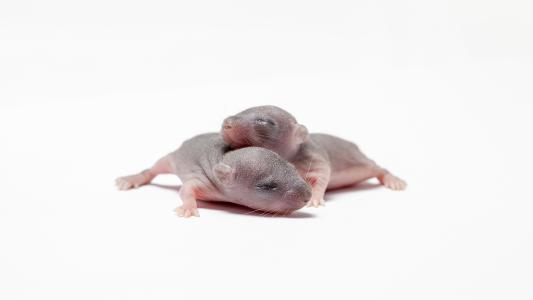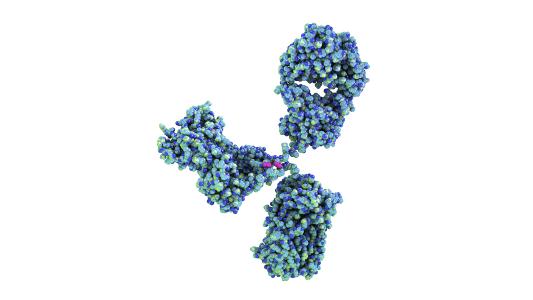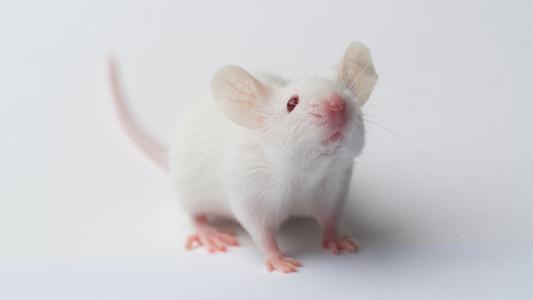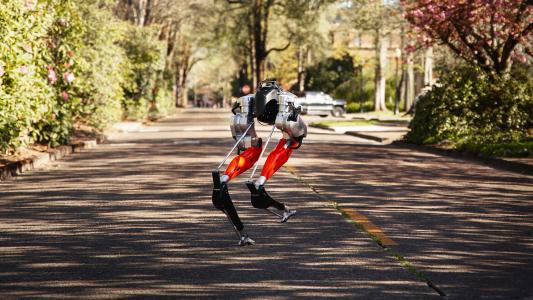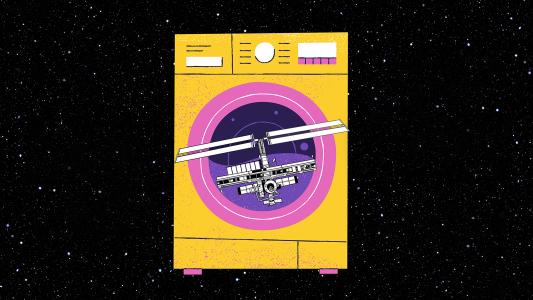One antibody stops all strains of COVID-19 from infecting cells
A newly discovered antibody can neutralize all strains of COVID-19 and every other sarbecovirus known to infect humans.
AI is helping cars spot potholes
Researchers have developed an AI system that allows cars to spot potholes.
3D printing gives lab-grown beef Wagyu marbling
Japanese researchers have created a morsel of lab-grown beef with the distinct marbling of fat found in Wagyu steaks.
How to slay a hurricane
Hurricanes are becoming more powerful — can scientists engineer a way to weaken them and save lives?
World-class surfers help kids with disabilities ride the waves
Ten children with disabilities got a chance to go surfing through an adaptive sports program at NYC’s Hospital for Special Surgery.
Drone ambulances race to help cardiac arrest victims (Updated)
Drone ambulances deliver defibrillators to suspected cardiac arrest victims more quickly than traditional ambulances in a Swedish study.
The history of boredom might surprise you
What we can learn from our complicated relationship with boredom.
Astronomers discover solar system’s fastest-orbiting asteroid
Astronomers have discovered an asteroid that orbits the sun in just 113 days, making it the fastest-orbiting asteroid in our solar system.
Crisis app for Afghans provides real-time updates on threats
Ehtesab, a crisis app for Afghans, uses crowdsourced data to provide real-time alerts to residents of Taliban-controlled Kabul.
Mini brains grown in the lab sprout primitive “eyes”
Researchers have grown mini brains with light-sensitive eye structures that could lead to breakthrough treatments for vision disorders.
Your airline miles can help Afghans escape the Taliban
To help Afghans escape the Taliban, people have donated millions of airline miles to a nonprofit that secures flights for refugees.
Antibody cocktail highly effective at preventing COVID-19
An antibody cocktail developed by biopharmaceutical company AstraZeneca was highly effective at preventing symptomatic COVID-19 infections.
Twin Mars satellites have greenlight for launch
Two tiny Mars satellites will head to the Red Planet in 2024 as part of a NASA program testing smaller spacecraft on planetary missions.
Tiny magnetic beads and turkeys may lead to better prosthetic limbs
MIT and Brown researchers have developed a technique using implanted magnetic beads that they hope will lead to better control of prosthetic limbs.
Brain-wide gene editing may one day treat Alzheimer’s
Researchers have developed a brain-wide gene editing technique that treated Alzheimer’s disease in mice.
Fighting for the right to repair McDonald’s ice cream machines
A judge has issued a victory to Kytch, a startup that makes it easier for fast food franchise owners to repair McDonald’s ice cream machines.
"Space farmer" grows plants under fake cosmic radiation
Researchers created a mini radioactive sky on Earth to study how cosmic radiation might impact how astronauts on Mars grow food.
Major earthquake in Haiti tracked by citizen seismologists
Private citizens are helping scientists study the recent earthquake in Haiti by hosting low-cost quake-monitoring devices.
Researchers have 3D-printed an active tumor
Tel Aviv University researchers have 3D-printed an active glioblastoma tumor, potentially paving a way to better study the lethal brain cancer.
MIT has created an inflatable prosthetic hand
MIT researchers have created a soft, inflatable prosthetic hand that provides advanced abilities at a fraction of the cost and weight.
Military vets lead “Digital Dunkirk” to evacuate Afghan allies
U.S. military vets are leading a “Digital Dunkirk” to help extract fellow citizens and Afghan allies from a Taliban-controlled Afghanistan.
The bold plan to bring back the American chestnut
Researchers plant a small experimental orchard of hundreds of transgenic American chestnut trees near the coast of Maine, to restore the species.
Airbnb offers free temporary housing for 20,000 Afghan refugees
Airbnb is providing 20,000 Afghan refugees with free temporary housing through its charitable nonprofit, Airbnb.org.
India’s DNA vaccine for COVID-19 gets emergency approval
India has granted emergency approval to the world's first DNA vaccine for COVID-19.
Who to watch for at the Tokyo Paralympics
Here are five athletes to watch at the 2020 Tokyo Paralympics and one Afghan competitor whose future at the Games is still uncertain.
Scientists are vacuuming DNA from the air to study biodiversity
Researchers have proven that the atmosphere contains measurable amounts of eDNA, and they can vacuum it from the sky.
3D police lineups could reduce wrongful convictions
A new type of police lineup uses 3D technology to let eyewitnesses view suspects from any angle, and could reduce wrongful convictions.
Pfizer’s shot is the first FDA-approved COVID-19 vaccine
Pfizer’s shot has become the first FDA-approved COVID-19 vaccine, making the transition from emergency use authorization on August 23.
Nuclear fusion experiment puts ignition within our grasp (Updated)
Scientists appear on the brink of achieving nuclear fusion ignition, bringing the dream of near-limitless clean energy closer to fruition.
How a brain implant can stop pain instantly (in rats)
A new brain implant can instantly detect pain signals and provide bursts of stimulation that are pain-relieving. Researchers have shown it to be successful in rodents.
Farmers in England begin massive DIY “rewilding” effort
Farmers in East Anglia are organizing what may be England’s largest rewilding project.
NASA updates the odds on Bennu asteroid hitting Earth
Using data from the OSIRIS-REx spacecraft, NASA has updated its predictions about the Bennu asteroid impacting Earth.
Cultured meat for pets is about to hit store shelves
Biotech startup Because, Animals is creating cultured meat for pets, using mouse cells to grow the meat found in its new cat treat.
I took a creativity test, and this is what it told me
Researchers made a creativity test with objective and automated scoring that gives an accurate measure of verbal creativity.
Moon glass helps solve a lunar mystery
Analyzing moon samples from the 1980s with a new laser technique shows we were wrong about the moon’s magnetic field.
A startup is stuffing teddy bears with recycled cigarette butts
Indian startup CODE Effort has developed a process for recycling cigarette butts, the world’s most littered objects.
Emergency sea otters needed to save California’s kelp forests
A conservationist suggests relocating sea otters to Northern California to eat the sea urchins destroying the coast’s vital kelp forests.
The U.S. Navy is building a solar plane
The U.S. Navy is developing a solar-powered plane that can fly for 90 days while watching military ships below.
Scientists grew healthy mice from artificial eggs cells and ovaries
For the first time, researchers have created mice from egg cells and ovaries grown from stem cells.
Facebook wants your next meeting to take place in its new VR app
Horizon Workrooms is Facebook’s attempt to bring the corporate world into the metaverse.
AI avatars bring deepfakes to the business world
A financial consulting firm has created AI avatars of its staff that can be used to quickly create deepfakes for presentations and more.
Ford replaces humans with robot test drivers
Ford Motor Company has built a pair of robot test drivers to fill in for humans during dangerous endurance tests at its Weather Factory.
Scientists listen to marsquakes to map the inside of the planet
With information garnered from marsquakes, researchers have created the first complete image of the interior structure of Mars.
GoFundMe to help people leave Afghanistan raises $6 million
A GoFundMe campaign has raised millions of dollars to help people leave Afghanistan in the wake of a Taliban takeover.
Chameleon robot can change color to match its surroundings
Researchers in Korea have made a color changing robot that matches its background colors — a precursor to future active camouflage technology.
Astronomers catch “ghosts” dancing around radio galaxies
Astronomers with the EMU Project have released a spooky image of “dancing ghosts” emanating from a pair of distant radio galaxies.
Wasps inspire a new surgical needle
The next new surgical tool may come from an odd place: parasitic wasps whose eggs eat their hosts inside-out.
Microbes inside concrete can warn us about rotting infrastructure
By learning about the bacteria that live inside concrete, scientists hope to develop early warning systems about damage.
Clues in woolly mammoth tusk reveal a lifetime of travels
Researchers have reconstructed the life of a woolly mammoth that lived more than 17,000 years ago by deciphering clues hidden in his tusk.
Pandemic prompts surge in food sharing, app says
Food-sharing app Olio is combating food insecurity by making it easy for those with extra food to get it into the hands of those in need.
Tree DNA convicts a poacher for the first time in federal court
Tree DNA from a stump found after the 2018 Maple Fire was used to convit a poacher, for the first time in federal court.
3D-printed nuclear reactor parts installed at US plant
An Alabama power plant is now using 3D-printed nuclear reactor parts, a milestone that could shape the future of nuclear energy.
The plea to save the Afghan girls robotics team from the Taliban
A human rights lawyer is trying to get the Afghan girls robotics team evacuated to Canada so its members can avoid living under Taliban rule.
Implantable “neurograins” may be the key to mind-controlled tech
A new kind of brain-computer interface uses tiny neural implants called “neurograins” to record brain activity in rats.
New organ coating could help prevent transplant rejection
A coating for donor organs that minimized the chance of transplant rejection in mice might one day eliminate the need for immunosuppressants.
Using body bags to treat heatstroke
The Pacific Northwest heat wave crushed hospitals with heatstroke victims. Doctors turned to body bags to save lives.
Fecal transplants reverse aging in brains of old mice
Fecal transplants from younger to older mice appear to reverse aging in the brains of the seniors, improving their memories and cognition.
Ancient frozen viruses hold clues to life and climate
Using new techniques, researchers at Ohio State have identified ancient viruses we’ve never seen before.
New treatment may prevent heart damage from COVID-19
An experimental drug that stopped the coronavirus from entering cells in heart organoids may be able to prevent heart damage from COVID-19.
Hungry mice show why you should take study breaks
The spacing effect — a strange phenomenon by which you retain information more readily if you take study breaks — is now less of a mystery.
Already-approved ALS drug may help Alzheimer’s patients
A small phase 2 study has found evidence that ALS medication riluzole may have potential as a drug for Alzheimer’s.
Water from abandoned coal mines can make zero-carbon energy
A wine-bottling company in Britian is tapping into the large heat source from the mine water in the tunnels below their warehouses.
What if your ideas about strangers are all wrong?
The surprising benefits of talking to strangers.
Psyche asteroid might not be a planetary core after all
The first high-res heat emissions map of the Psyche asteroid suggests the hunk of metal might not be the core of a developing planet.
3D-printed bridge reduces use of "most destructive material on Earth"
Researchers have found a way to reduce the CO2 emissions of a concrete bridge: remove the reinforcement. And the results are stunning.
NASA needs people to pretend they’re living on Mars
To prepare for a future in which astronauts are living on Mars, NASA is looking for people willing to live in a simulated Mars habitat.
Robot café hires people with disabilities to operate robo-waiters
At the Dawn Avatar Robot Café in Tokyo, diners are served by robotic avatars controlled remotely by people with disabilities.
The 2021 Disney Accelerator sheds light on Disney’s metaverse ambitions
From AI to AR to live video shopping: these are the 8 companies selected for the Disney’s yearly accelerator program.
NASA wants future humans to find this time capsule in space
NASA is sending a time capsule to space aboard the spacecraft Lucy, bound for the Trojan asteroids.
Graphene foam sucks uranium out of contaminated water
MIT researchers have developed a graphene foam water filter that eliminates uranium contamination in hours.
Kenya’s GM cassava plant gets greenlight
Kenya is moving forward with developing a cassava plant that’s been genetically modified to resist cassava brown streak disease.
The world’s first sodium-ion battery for EVs has arrived
The world’s biggest battery maker for EVs is now manufacturing a sodium-ion battery that could help end the industry’s dependence on lithium.
Pfizer’s RSV vaccine 100% effective in human challenge trial
An RSV vaccine developed by Pfizer was reportedly 100% effective in a small human challenge trial and caused minimal side effects.
Permanent hearing loss may be reversible
A new mouse study suggests we may be able to reverse permanent hearing loss in humans by tapping into a latent regenerative ability.
First neuron-level map of a monkey brain revealed
The first neuron-level 3D image of an entire macaque monkey brain could have a major impact on the world of neuroscience.
“Star shrapnel” from a supernova explosion is exiting the galaxy
A metallic star is hurtling out of the Milky Way, propelled by a supernova explosion triggered after it ate its partner star as a white dwarf.
Study shows how trees and shade can cool the urban heat island
A new study measures precisely which shade is the best at cooling cities and where we need it most.
“The Blob,” a strangely intelligent slime mold, is going to space
A strange slime mold that can think despite lacking a brain is heading to the ISS as part of an educational experiment with French schools.
US Airman, missing in action, located by underwater drones
Project Recover has located the remains of an airman declared missing in action during the Vietnam War using a fleet of underwater drones.
DeepMind’s virtual playground suggests path to general AI
DeepMind’s virtual playground, XLand, could help create general AI by overcoming the problem of insufficient training data.
This beach-cleaning robot is a Roomba for sand
An all-electric, beach-cleaning robot called BeBot can sift through sand to extract pieces of debris too small for traditional systems.
Cyclists’ stress levels could improve road safety
To improve road safety, a new study suggests we measure cyclists’ stress levels as they navigate city streets to identify dangerous areas.
Researchers have created a brain sensor swarm
Researchers at UC Santa Cruz have developed an injectable swarm of nanosenors they hope will measure the brain noninvasively.
Space manufacturing startup plans to build first off-world factory
Space manufacturing startup Varda Space Industries has raised enough money to bring its dream of building the first space factory to fruition.
Pfizer has manufactured the first batch of Delta variant vaccines
Pharma giant Pfizer has already developed and manufactured ingredients for a COVID-19 vaccine targeting the highly contagious Delta variant.
Facebook just made a huge upgrade to Oculus VR headsets
Here's how the Oculus Quest 2 just became a player in augmented reality.
Researchers edit the sugarcane plant’s genome for the first time
Researchers have edited the sugarcane plant with CRISPR for the first time. The gene-edited crop provides an opportunity for quickly developing more eco-friendly sugarcane varieties.
The first U.S. electric tugboat will replace a tug that burns 30,000 gallons of diesel per year
Crowley Maritime Corp. is building the U.S.’s first electric tugboat for the port of San Diego.
Holograph tech “teleports” Olympic badminton competition
Japanese telecom company NTT is using holograph tech to recreate Olympic badminton matches at a venue 22 miles away in real time.
Goodbye bug spray, try this bite-free clothing instead
Researchers created insecticide-free, mosquito-resistant clothing and tested it with actual bugs to confirm that it prevents mosquito bites
Helmet worn at home shrank man’s brain tumor by a third
A new brain tumor treatment shrank a man’s aggressive glioblastoma tumor by nearly a third — and all he had to do was wear a helmet at home.
Inside your nose, it’s bacteria vs. bacteria in the fight against meningitis
Researchers have found that nose drops containing “friendly” bacteria can protect people against meningitis-causing bacteria.
Water vapor found on Jupiter’s moon Ganymede
Astronomers have detected the first evidence of water vapor in the atmosphere of Jupiter’s massive moon Ganymede.
Light from behind supermassive black hole detected for first time
The first direct observation of light from behind a supermassive black hole confirms a prediction in Einstein’s theory of general relativity.
Adding one gene to rice and potatoes increased yields by 50%
The insertion of a gene found in animals prompted potato and rice plants to produce 50% more food and exhibit drought-resistant qualities.
Baby mice “dream” about the world before seeing it
Before the eyes of baby mice open, their brains appear to use retinal waves to prep their vision systems to detect objects and motion.
New antibodies may lead to a norovirus vaccine
Researchers have discovered antibodies that neutralize a variety of norovirus strains, a possible step toward an effective norovirus vaccine.
New treatment reverses age-related memory loss in mice
A treatment that reversed age-related memory loss in mice could one day treat or prevent such cognitive decline in older people.
Bipedal robot completes 5K after learning to run
Agility Robotics’ Cassie just became the first bipedal robot to complete an outdoor 5K run, completing the jaunt on a single charge.
NASA interns designed a washing machine for astronauts
NASA challenged its interns to design a washing machine for astronauts so that they wouldn’t have to keep throwing away dirty laundry.
